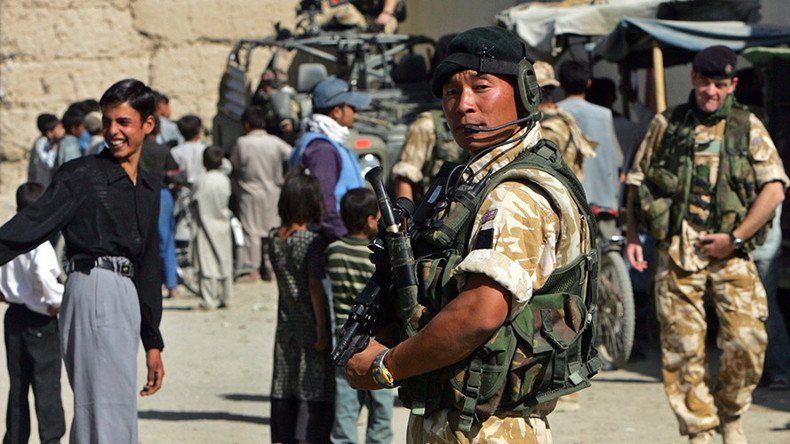No man left behind? Afghan interpreters challenge resettlement ruling

Afghan interpreters who risked their lives while embedded with British troops are challenging a High Court ruling on resettlement rights.
Two men, who the Taliban have branded collaborators, will contest a High Court ruling which only allows those who aided UK forces after December 2012 to resettle in Britain.
The men claim Afghan interpreters have been treated differently to Iraqi interpreters, all of whom were given full assistance by the UK government.
One of the two men, known only as Al, is still in hiding in Afghanistan. The second, Mohammed Rafi Hottak, has been granted asylum in the UK but still has family in Afghanistan, where he believes they are at risk.
A July 2015 ruling stated there had been no discrimination based on nationality and that the Equality Act’s “geographical reach” was not relevant in this case.
Pressure on the government to resettle interpreters has been substantial. A petition urging the state to do more to aid those at risk reached 160,000 signatures in September 2015.
One case that drew press attention was that of an Afghan nicknamed “Happy,” who was denied asylum despite Taliban threats and was eventually forced to flee Afghanistan amid the refugee crisis.
Happy found himself stranded in the “Jungle” refugee camp near the French port town of Calais, attempting to reach the UK. He told RT the British asylum system for interpreters is flawed.
“The rules are a little bit complicated, and it takes time, a year, but I couldn’t wait in Kabul. I have to cross this Channel, because I don’t have another option. I have to go to the UK.”
Backed by his former British Army commander George Tyldesley, Happy was eventually allowed into the UK.
At least 20 interpreters for the British Army have been killed since 2001. Some 94 percent of Afghan interpreters claim to have received death threats.












